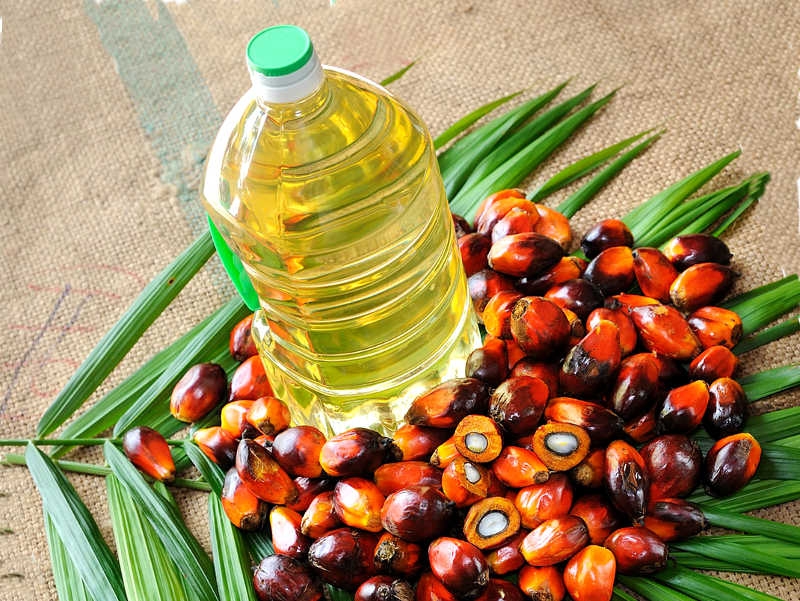Indonesia suspends two-thirds of palm oil exports ahead of Ramadan and Eid

The Indonesian government has suspended two-thirds of palm oil exports in a bid to secure domestic cooking oil supplies ahead of Ramadan and Eid, according to a report by the United States Department of Agriculture (USDA) report.
The decision was made in response to rising cooking oil prices, the 13 February Foreign Agricultural Service (FAS)’s Global Agricultural Information Network (GAIN) report said.
In February, the government had set a target of increasing domestic cooking oil supplies by 50% to 450,000 tonnes in the run-up to Ramadan and Eid festivities, leading to a projected 400,000-800,000 tonnes of the country’s palm oil exports expected to be blocked from 6 February-1 May.
The country’s coordinating minister for Maritime and Investment Affairs (Marves) Luhut Pandjaitan had announced on 6 February that 66% of palm oil export permits – export permits that had already been issued to companies that complied with the government’s Domestic Market Obligation (DMO) policy – would be suspended with immediate effect until 1 May 2023.
Exporters were allowed to ship the remaining 34% of authorised palm oil exports while the suspension could be lifted in early May 2023 pending a government review, the USDA report said.
The latest export restrictions follow the government’s move in early January to tighten restrictions on palm oil exports by reducing its DMO ratio to 1:6 from 1:8, which meant that for every tonne of palm oil sold domestically, exporters would receive export permits for only six tonnes of palm oil instead of eight tonnes.
“This latest… policy to curb palm oil exports to shore up domestic cooking oil supplies is likely to impact global palm oil supplies for the first quarter of 2023,” the report said.
The average price of subsidised cooking oil in Indonesia increased by 7% from US$0.93/litre in December 2022 to US$0.99/litre at the time of the USDA report.
“In addition to rising prices, consumers in several regions of Indonesia reported difficulty in finding subsidised cooking oil, even after the Ministry of Trade imposed a 5kg/person purchase limit.”
Read also
Wheat in Southern Brazil Impacted by Dry Weather and Frosts
Oilseed Industry. Leaders and Strategies in the Times of a Great Change
Black Sea & Danube Region: Oilseed and Vegoil Markets Within Ongoing Transfor...
Serbia. The drought will cause extremely high losses for farmers this year
2023/24 Safrinha Corn in Brazil 91% Harvested
Write to us
Our manager will contact you soon



